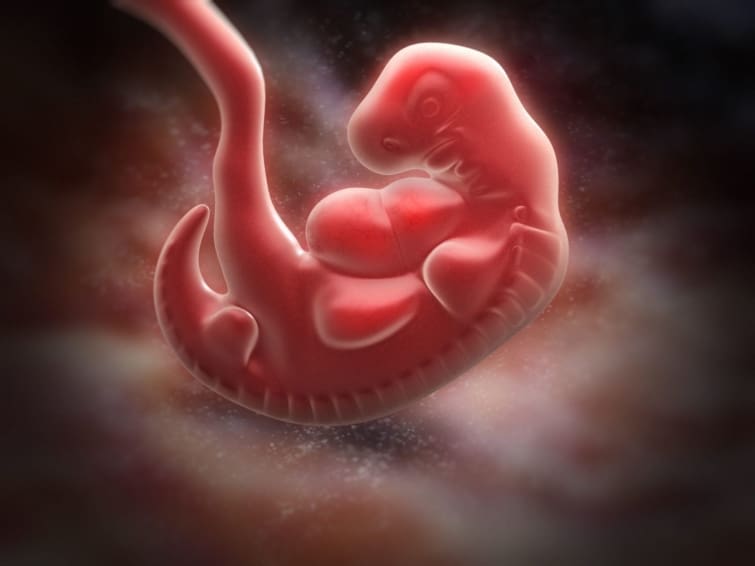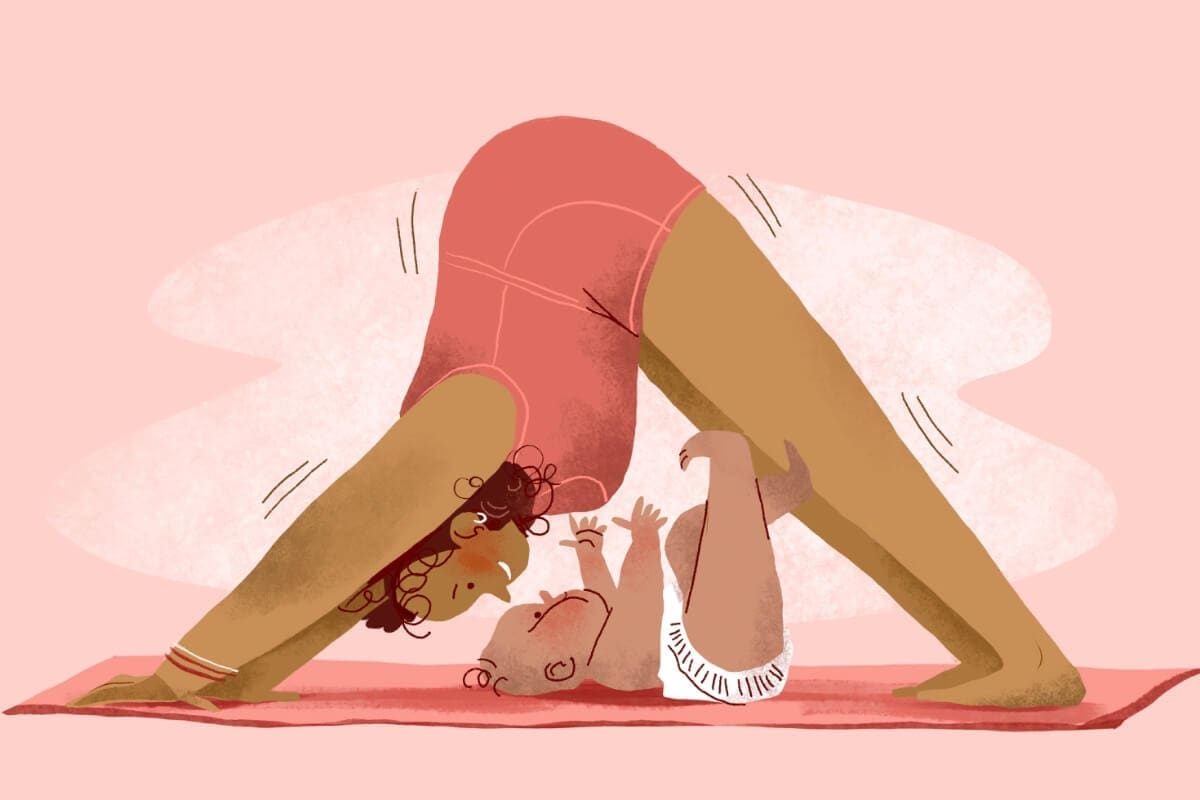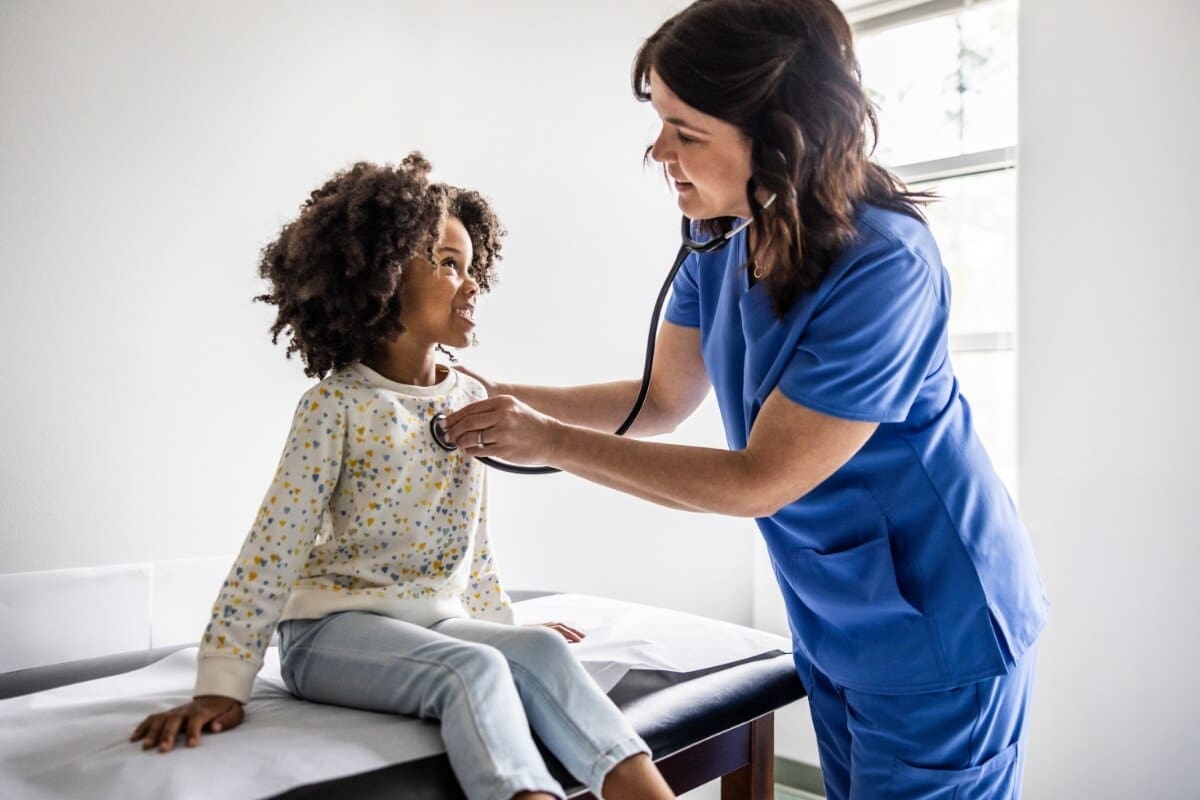
From the moment of conception to the time of delivery, your growing baby goes through several stages of development. The first third of your pregnancy is called the first trimester. It’s made up of weeks 1 through 12 or 13 of pregnancy. Here is a summary of how your baby develops during the first trimester.
Path to improved health
Pregnancy begins when a man’s sperm fertilizes a woman’s egg. Since you don’t always know when fertilization occurred, doctors calculate pregnancy based on the first day of your last menstrual period (LMP). Your doctor will count forward 40 weeks from your LMP to estimate the due date. Most births occur between weeks 38 and 42. If you have an ultrasound early in your pregnancy, your doctor may measure the baby to determine your due date instead.
After conception, your baby begins a period of dramatic change known as the embryonic stage. This stage runs from the 5th through the 10th week of pregnancy. During this stage, the baby is called an embryo.
There are numerous changes that occur during the embryonic stage. First, the cells of the embryo (called embryonic stem cells) multiply and develop. They become the hundreds of different types of cells needed to make a whole human body. Your baby’s major organs and body parts begin to take shape.
The placenta forms during the embryonic stage. The placenta takes nutrients, oxygen, and water from your blood and passes these along to your baby through the umbilical cord. It also removes the baby’s wastes. The placenta will filter out most of the harmful substances that may be present in your body.
The amniotic sac forms during this stage as well. It is filled with amniotic fluid, which surrounds and protects your baby in the uterus.
Below are some of the highlights that occur during the embryonic stage.
- Nervous system. This is one of the first things to develop. It includes the formation of your baby’s brain, spinal cord, and nerves.
- Heart. An S-shaped tube forms on the front of the embryo. This will become your baby’s heart. At first the heart doesn’t beat, but soon it starts beating and pumping an early form of blood.
- Face. Your baby’s facial features begin to take shape. The eyes and ears form on the sides of the head and are linked to the brain. The eyes move forward on the face, and eyelids form to protect the developing eyes. Pieces of tissue grow and join together to create the forehead, nose, cheeks, lips, and jaw. The nasal passages, mouth, and tooth buds form the baby’s first teeth. A tongue with taste buds also forms.
- Arms and legs.At first, your baby’s arms and legs begin as little buds that sprout from the embryo’s sides. As they grow, the arms look like paddles and the legs look like flippers. A ridge appears on the end of each one. They eventually become your baby’s fingers and toes.
- Sexual organs.Cells form to become your baby’s eggs or sperm. Your baby’s vagina or penis is visible at the end of the embryonic period. However, it’s still too soon to tell on an ultrasound if your baby is a girl or boy.
- Muscles and movement.Muscles develop and the embryo begins to move. At first it’s only twitching and reacting to touch. Once the nerves and muscles start working together, your baby can start moving on purpose.
By the end of the embryonic stage at week 10 of your pregnancy, your baby will be about 1 inch long. That’s still too small for you to feel your baby’s movements. You’ll probably feel them starting in the middle of the second trimester.
After the embryonic stage, the fetal stage begins and your baby is called a fetus. This stage runs from the 11th week until birth. Your baby will grow longer and gain weight quicker. His or her organs and body parts will continue to develop. Fingernails and toenails begin to form and the kidneys start working. By the end of the first trimester, your baby has tripled in length to about 3 inches long.
Things to consider
As your baby develops in the womb, your body goes through a lot of changes as well. Make an appointment with your doctor if you think or know you’re pregnant. He or she will be able to confirm your pregnancy. Your doctor will also talk with you about your baby’s development and prenatal care. So much important development happens during the first trimester. It is important to not take any medicines without first asking the advice of your doctor.
Questions for your doctor
- Am I pregnant?
- How far along am I in my pregnancy?
- What weeks do you consider to be the first trimester?
- What lifestyle changes should I make to support my baby’s development?
- Are there any risks to the baby or me that I should be aware of?
Resources
American Academy of Family Physicians: Changes in Your Body During Pregnancy: First Trimester
March of Dimes: Pregnancy Week by Week
National Institutes of Health, MedlinePlus: Fetal Development
![]()
Copyright © American Academy of Family Physicians
This information provides a general overview and may not apply to everyone. Talk to your family doctor to find out if this information applies to you and to get more information on this subject.











